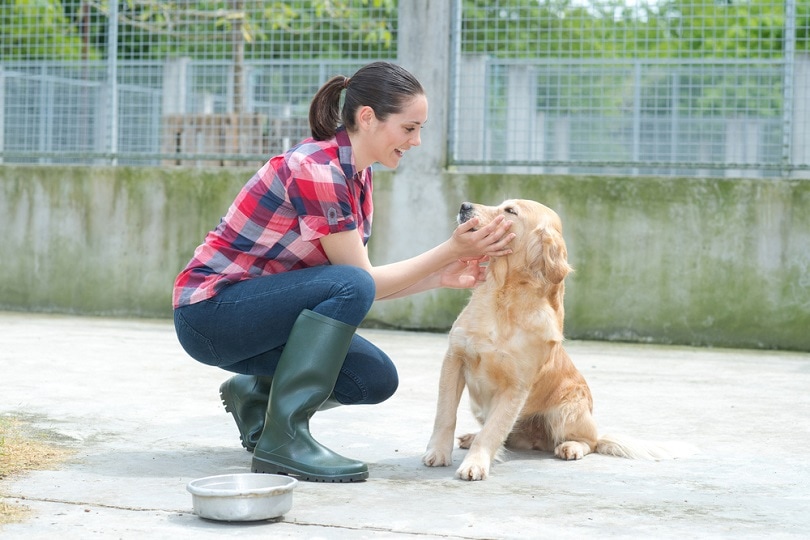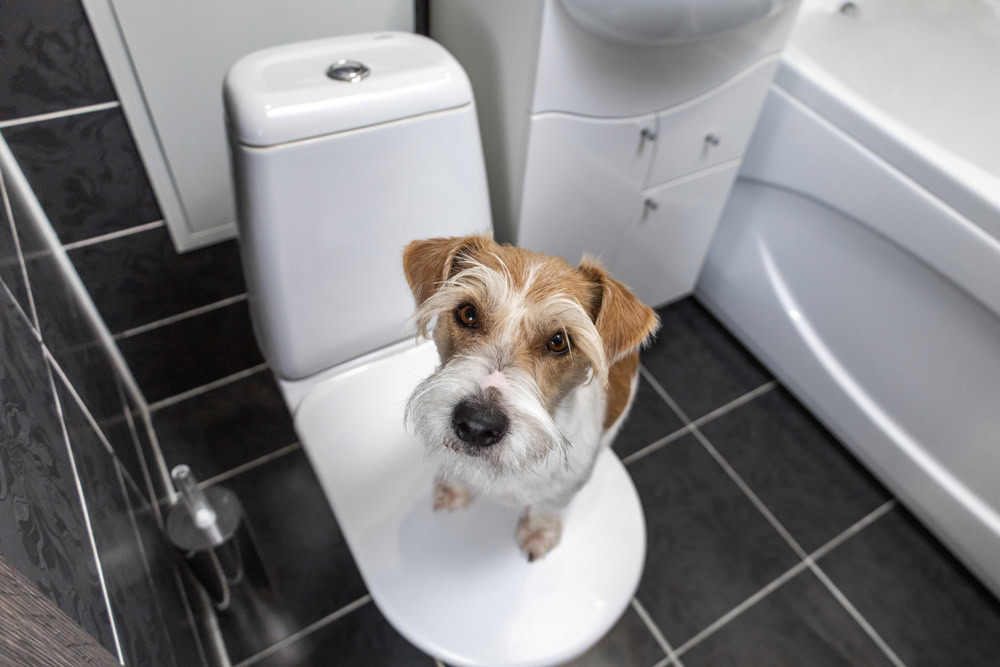Similar to the rest of the country, Tennessee has seen a growth in pet ownership over the last several decades. Furthermore, many of the pets being purchased are now companion animals and not working dogs like they were 100 years ago.
Below, we’ll provide even more statistics for you to take a look at.

The 10 Pet Ownership Statistics in Tennessee
- 61.7% of households in Tennessee own a pet.
- 47% of households in Tennessee own a dog.
- 30% of households in Tennessee own a cat.
- Over 200 dogs and 150 cats are taken into the Metro Nashville shelter each month.
- There are around 200 animals in Metro Nashville shelters at any one time—most of them dogs.
- Around 25% of all animals brought into the shelter are returned home to their owner.
- The Metro Shelter has a save rate of around 88% for both cats and dogs.
- Memphis has the biggest kill rate of any shelter.
- Tennessee overall has an exceptionally low kill rate of just over 10%.
- Rescue groups play a large part in saving shelter animals, with around 20% of animals being taken from shelters by these third-party rescue groups.
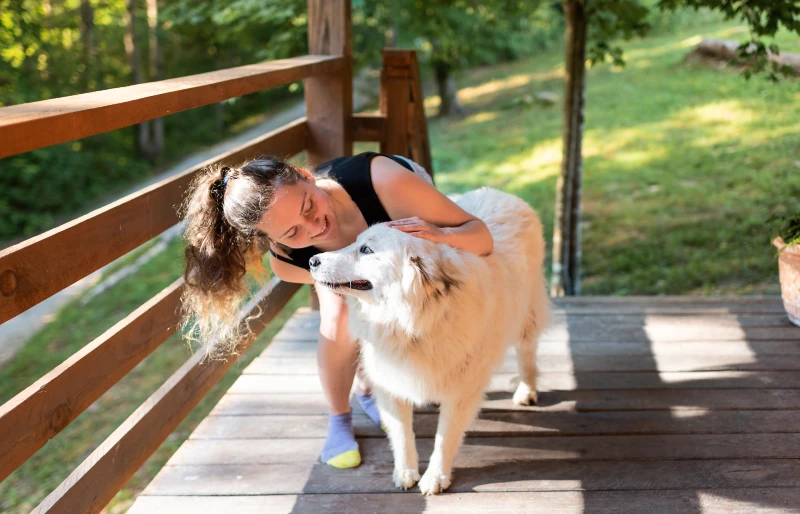

Household Ownership Statistics
1. 61.7% of households in Tennessee own a pet.
(World Population Review)
Once upon a time, Tennessee had one of the highest pet ownership rates in the country. However, this has been falling over the last few decades, and Tennessee is no longer considered in the top 10. Other states have started owning more pets, while Tennessee has started owning less.
This trend will likely continue, as it has been occurring for several decades.
2. 47% of households in Tennessee own a dog.
(World Population Review)
Dogs are still the most popular pets to own in Tennessee. Many of the households that do own pets own a dog, though several own both a dog and a cat. Those who own dogs tend to only own one or two, though. Therefore, the number of dogs owned is probably lower than the number of domestic cats.
3. 30% of households in Tennessee own a cat.
(World Population Review)
Fewer households in Tennessee own a cat than a dog. However, many homes with cats own two or more, which raises the number of domestic felines. Furthermore, many households own both a dog and a cat.


Metro Nashville Statistics
4. Over 200 dogs and 150 cats are taken into the Metro Nashville shelter each month.
(Metro Nashville Animal Care & Control)
This is an average, with many months falling outside of these ranges. For instance, there tends to be more cat intakes in the spring, as litters are born during this time.
This statistic includes all types of cats and dogs and all reasons they may be brought to the shelter. However, the number one reason pets are brought into the shelter is because they are strays. Very few are surrendered by owners.
5. There are around 200 animals in Metro Nashville shelters at any one time—most of them dogs.
(Metro Nashville Animal Care & Control)
At the end of each month, there are around 200 animals still in the shelter. There are often more dogs than cats, though during some months, cats do surpass dogs. Luckily, this number does seem to stay pretty even throughout the year, which means that just as many animals are being adopted as brought to the shelter.
6. Around 25% of all animals brought into the shelter are returned home to their owner.
(Metro Nashville Animal Care & Control)
Many of the pets brought to the shelter are returned to their owner, usually only after a few days. For instance, in April 2023, 244 dogs were brought into the shelter, while 83 of those dogs were returned home after only a few days.
Sadly, the percentage of cats returning home is far lower. Only four cats were returned to their home in April 2023.
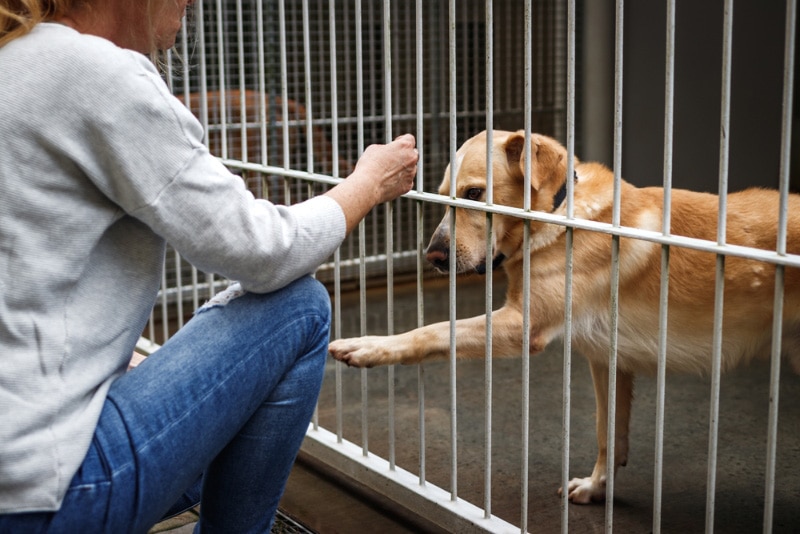
7. The Metro Shelter has a save rate of around 88% for both cats and dogs.
(Metro Nashville Animal Care & Control)
The other 12% are pets that either die during care or are euthanized. It’s important to note that Metro shelters aren’t technically “no-kill.” However, it’s expected that around 10% of pets brought to the shelter will have serious medical conditions that require euthanasia. Luckily, Metro shelters are right around this percentage.

Other Shelter Statistics
8. Memphis has the biggest kill rate of any shelter.
(Tennessean)
Compared to other shelters, Memphis has one of the largest kill rates. Sadly, they also get more animals, which is likely why the kill rate is higher. They are one of the few counties in the state that isn’t considered a no-kill shelter due to their high rate.
9. Tennessee overall has an exceptionally low kill rate of just over 10%.
(Tennessean)
Overall, Tennessee has a very low kill rate of just over 10%. Once again, around 10% of the animals that come into the shelter often require euthanasia due to illnesses. Therefore, a 10% kill rate is considered very good. It means the shelter is only euthanizing pets that need to be for medical reasons.
While this rate may still seem high, it’s important to note that many animals brought into shelters are not getting the proper care and have been living on the street. Therefore, they’re much more likely to be sick or injured than your average house pet.
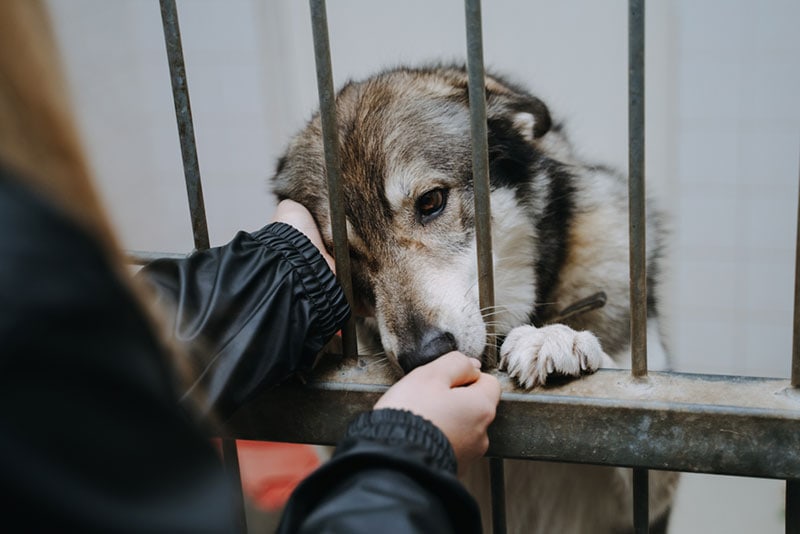
10. Rescue groups play a large part in saving shelter animals, with around 20% of animals being taken from shelters by these third-party rescue groups.
(Metro Nashville Animal Care & Control)
In many cases, shelters are the first stop for animals who are looking for a home. However, third-party rescue groups play a huge role in taking at-risk pets from shelters and rehoming them. In many cases, they make up a large portion of the positive outcomes that shelters report.
Of course, this differs from area to area. It depends largely on what third-party organizations are in the area.

Frequently Asked Questions About Pet Ownership in Tennessee
Is Tennessee a pet-friendly state?
Tennessee has had a very high rate of pet ownership for decades. Therefore, they are often considered very pet-friendly. Most people own a pet, and the state’s regulations keep this in mind.
Does Tennessee require a pet license?
No, the state as a whole does not require a pet license. However, certain cities may require a license for certain pets.
What are the dog laws in Tennessee?
There are many laws surrounding dogs in Tennessee. However, these don’t typically have anything to do with owning a dog, specifically. Instead, they relate to things like dogs roaming around (not allowed) and bite laws. You must have your dog under your control at all times, which typically means they cannot run loose unless hunting legally or herding.

Do I have to register my pet in Tennessee?
Despite what some third-party licensing companies claim, you do not have to license your pet in Tennessee. However, all pets are required to have a rabies vaccination and keep their rabies tag on them at all times. The actual registration of this vaccination is done by the vet, though.
Does Tennessee require a health certificate for dogs?
You must have your dog examined by a vet upon entry to Tennessee when importing your dog. Other federal restrictions may apply, though. Rabies vaccinations are also required.
How many pets can you own in Tennessee?
There is no overall law that states how many pets you can own in Tennessee. However, some cities have particular guidelines. For instance, Knoxville only allows you to have four dogs and cats per household that are over 6 months old.
Nashville does not have any law stating the maximum number of animals you should have. However, they do have laws regarding adequate care and can label someone as “hoarding” if they have more than five animals that aren’t cared for.

Conclusion
Pet ownership is very popular in Tennessee, with over half the households owning at least one cat or dog. Many households own several, so it isn’t surprising that the state is also very pet-friendly. There aren’t any licensing requirements in the state, either, though all dogs and cats must have a rabies vaccination. Specific cities may have other regulations, though.
Shelters in Tennessee do a very good job of getting a good outcome for the pets that come to them. They are considered a no-kill state in most statistics.
Featured Image Credit: ALPA PROD, Shutterstock
